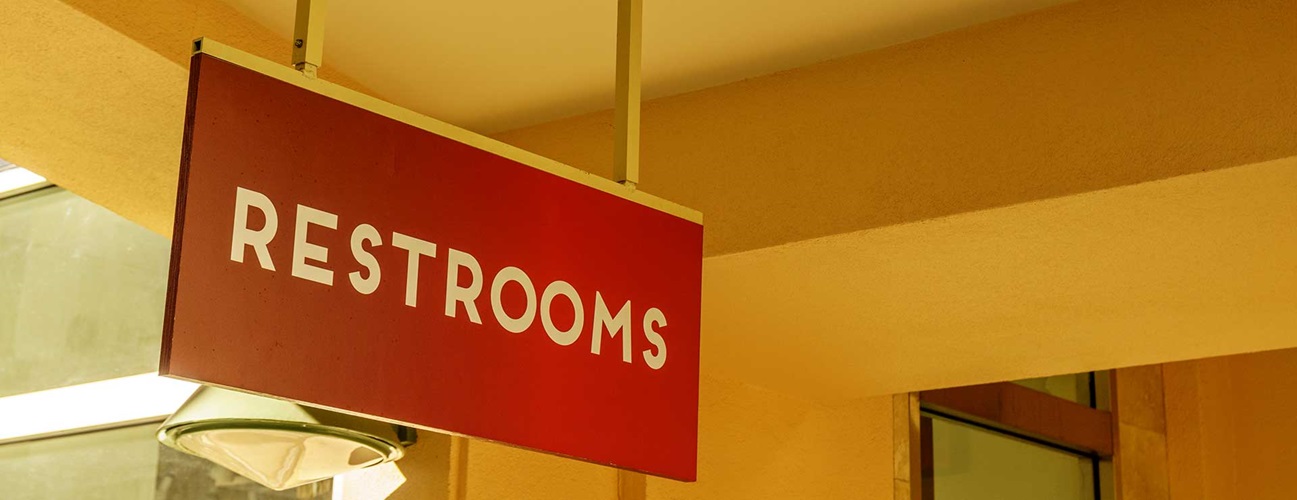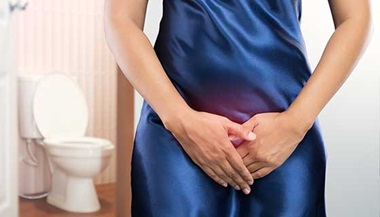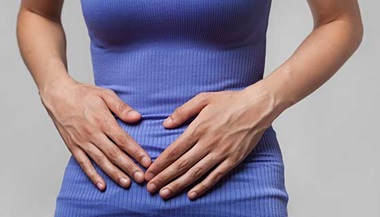Bladder and Bowel Dysfunction
What You Need to Know
- Issues with urinating or passing stools are referred to as bladder and bowel dysfunction.
- Bladder and bowel problems often originate with nerve or muscle dysfunction, as these systems control the flow of urine and the release of stool.
- Other health issues may cause bladder and/or bowel dysfunction, including medicinal side effects, stress, neurologic diseases, diabetes, hemorrhoids and pelvic floor disorders.
- Therapy and management for these conditions can range from dietary changes and exercise to electrical stimulation and surgery depending on individual diagnosis.
Bladder or bowel incontinence means a problem holding in urine or stool. You may have unwanted passage of urine or stool that you can’t control. These conditions can be stressful to deal with. But don’t feel embarrassed about talking to your healthcare provider. They are used to dealing with these issues, and can help you manage the problem.
Why do bladder and bowel incontinence happen?
When the bladder and bowel function normally, nerves tell certain muscles when to tense up and when to relax. Nerves in the spinal cord send messages from the brain to the bladder. Sphincter muscles control the flow of urine. Muscles in the rectum and anus control or release stool. These nerve and muscle processes allow urine and feces to be removed when you want them to.
What causes bladder or bowel incontinence?
Many conditions may affect the nerves and muscles that control the bladder and bowel.
Bladder incontinence can be caused by things such as:
-
Damage to nerves in sphincter muscles
-
Holding urine in too long (urine retention), which can damage the bladder
-
Having to urinate many times during day and night, often urgently (overactive bladder)
-
Diarrhea
Bowel incontinence can be caused by things such as:
-
Diarrhea
-
Constipation
-
Damage to the nervous system from disease or injury
-
Vaginal childbirth
-
Rectum bulging down into the anus (rectal prolapse)
-
Rectum pushing into the vagina (rectocele)
-
Crohn's disease or ulcerative colitis
Either type of incontinence can be caused by things such as:
-
Medicine side effects
-
Stress
-
Multiple sclerosis
-
Stroke
-
Alzheimer's disease
-
Diabetes
-
Infections, including spinal cord or brain infections
-
Hemorrhoids
-
Problems with the pelvic floor
-
Damage after surgery
Managing bladder and bowel incontinence
Some common treatments are:
-
Changes in food or drink. Increasing your fiber intake can help manage diarrhea and constipation. Drinking plenty of fluids can also ease constipation. Not drinking fluids at certain times can help manage overactive bladder and urinary incontinence.
-
Exercises. Kegel exercises can strengthen the sphincter muscles and pelvic floor. This can help you have better control.
-
Medicines. Some medicines can help control bowel incontinence. Antidiarrheal medicines can help manage diarrhea. And medicine can help bladder muscles relax to give you better control.
-
Keeping a bathroom schedule. Setting a regular schedule for using the toilet can give you better control. This includes attempting to urinate or move your bowels at the same time each day.
-
Electrical stimulation. This therapy can stimulate damaged nerves. This may give you better muscle control in your bladder or bowel.
-
Surgery. In rare cases, you may need surgery to repair damage to muscles or nerves.
Your healthcare provider will work with you to create a treatment plan.







